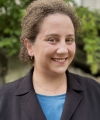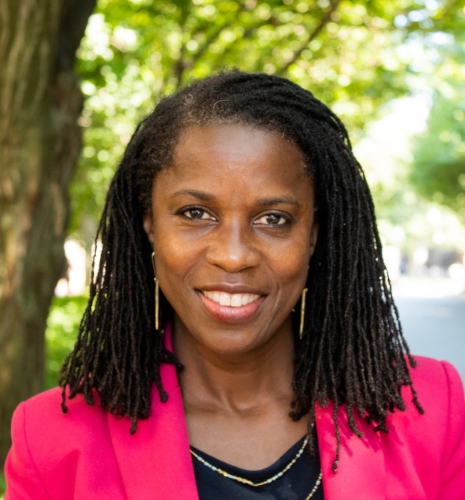Launched in 2019, the program brings together and supports a community of students who are passionate about effecting positive change in society. This initiative, offered through the Office of Public Interest/Public Service Law and Careers, provides specialized resources and opportunities to students who are committed to working in the public interest, human rights, and government sectors immediately upon graduation. Berger Fellows benefit from a diverse cohort of peers and receive in-depth support, guidance, and experience as they explore the many facets of public interest and public service work in the United States and abroad.
The three-year program is built on four intersecting pillars: community, mentoring, professional development and reflective learning, and career and curricular counseling.
The Berger Fellows Program provides a supportive community of peers while cultivating engagement and a sense of belonging. It fosters and deepens relationships within the public interest community through shared activities such as:
- Berger Fellows orientation.
- Informal meals to discuss current events, social justice topics, and lawyering for change.
- Book clubs.
- Social events.
- Annual Berger Fellows dinner.
Within their community, fellows are exposed to diverse ideas and perspectives and asked to think critically about the gap between law and justice. Fellows go on to use the ideologies, skills, and networks developed during their time together to champion the public interest and public service issues they care about most.
Berger Fellows benefit from an extensive network of faculty, alumni, and upper-class students committed to supporting them as they progress through law school and transition to the practice of public interest and public service law.
Through events and small cohort mentor meetings, fellows can:
- Connect with upper-class students who guide them as they navigate their time and decisions at Columbia Law School—as well as explore their shared substantive interests, career aspirations, and values.
- Engage with faculty and alumni who provide guidance and support in many capacities, including on curricular, extracurricular, and professional opportunities. Fellows can meet with alumni and faculty members during faculty teas, informal luncheons, and evening events in faculty members’ homes.
- 3L fellows will also participate in peer-to-peer support groups where they form mutually beneficial relationships and receive guidance and support from their peers on topics like job applications, fellowship opportunities, the transition to practice, and more.
Professional development and networking opportunities include:
- Opportunities to interact with distinguished practitioners in the field.
- Information sessions with public interest and public service employers, which provide insight into career fields and pathways.
- Leadership development and skills training.
Upper-class fellows have the opportunity to organize and host programming, giving them occasion to reflect on broad areas of public concern and engage with pressing social justice issues.
The program provides in-depth and curated guidance to fellows as they navigate their three years at Columbia Law School and shape individual pathways to meaningful and rewarding careers. Working closely with the director of the Berger Fellows Program and PI/PS Office advisers, fellows receive specialized curricular guidance, customized career counseling, and assistance navigating financial options specific to their career goals.
Contact

Jean Fischman
Associate Director, Max Berger '71 Public Interest/Public Service Fellows Program

